Articles
Articles and analyses from the INET community on the key economic questions of our time.
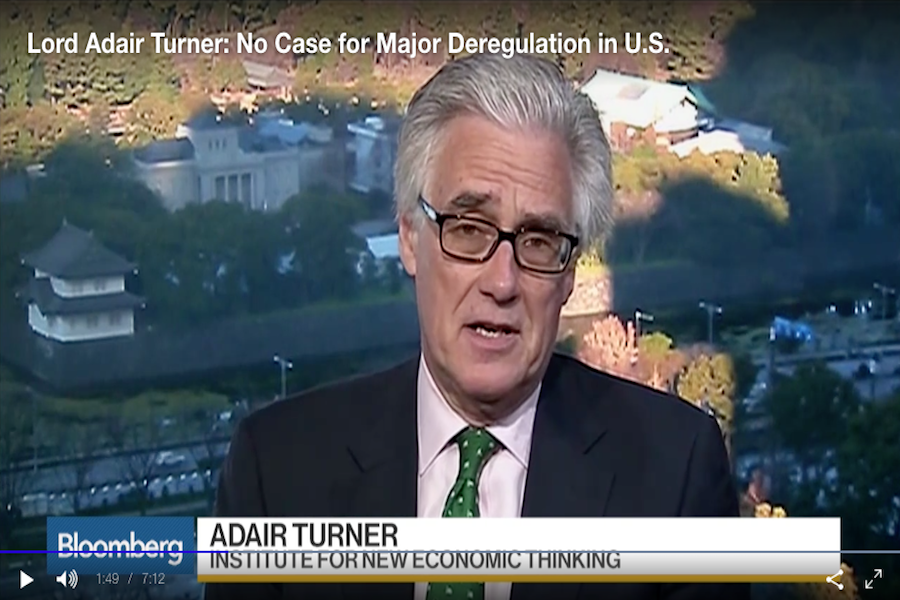
INET's Turner Warns Against 'Fantasy' of Stimulating Economies Through Financial Deregulation
There is no good case for major deregulation of the US financial sector, warns INET Board Chairman Adair Turner, and any backsliding by a Trump administration on banks’ capital requirements instituted globally after 2008 will be very dangerous

Chanos: Is a big change underway in global capitalism?
Milwaukee-born short-seller Jim Chanos, founder and managing partner of New York-based Kynikos Associates, teaches University of Wisconsin and Yale business students about corporate fraud. During his life and career, he has witnessed seismic shifts in economic thinking and the relationship between labor and capital. Chanos shares his thoughts on the world emerging from the election of Donald Trump and the tumultuous political events of 2016.
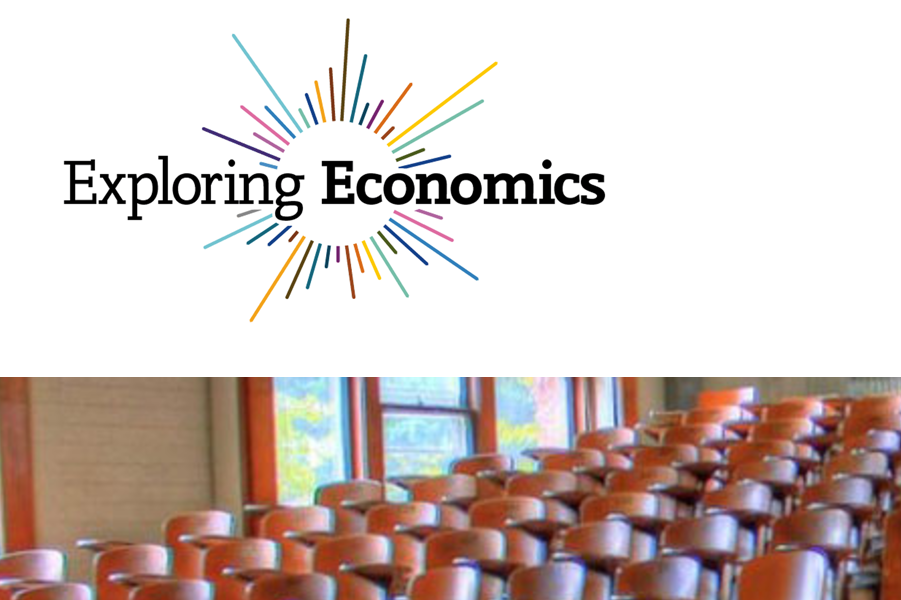
A New Tool For Teaching Pluralist Economics
Students in Europe have created an important resource for those seeking alternative curricular materials
Heckman Study: Investment in Early Childhood Education Yields Substantial Gains for the Economy
Capitalism in the Time of Trump?

Eurozone Crisis Was Caused More By Reckless Lending Than By Reckless Spending
Remedies have failed to produced growth and reduce indebtedness because they’re focused on protecting toxic behavior by banks in Europe’s core countries
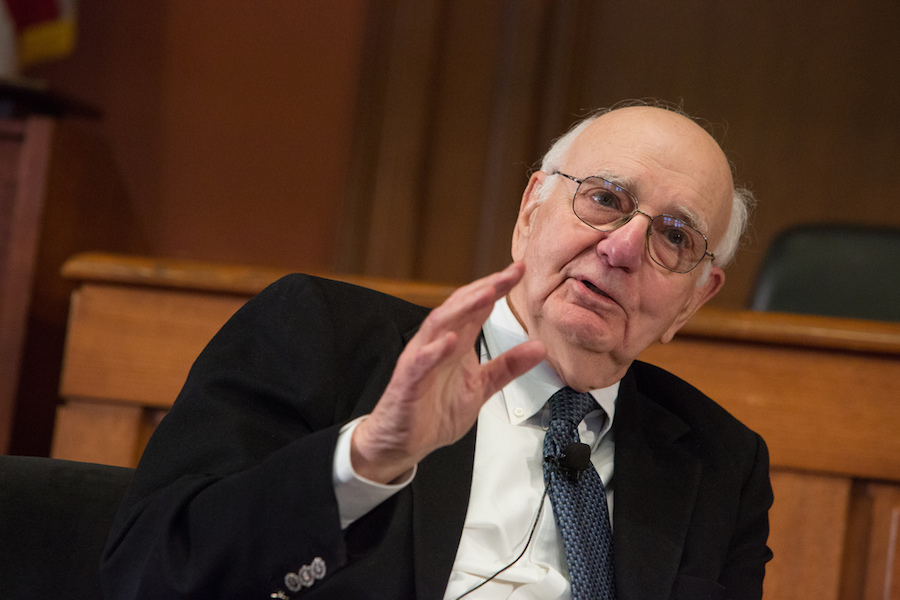
Volcker: Tackle the Unfinished Business of 2008
The Volcker Alliance has launched a series of new papers with important proposals for reforming financial regulations to guard against future crises
Bracing for Trumponomics

Trumpism Has Dealt a Mortal Blow to Orthodox Economics and ‘Social Science’
How orthodox economics paved the way for the political shocks of 2016

Economists and Trump: Straight Talk on Trade
By suppressing important questions in favor of being cheerleaders for globalization, economists failed to influence the public conversation
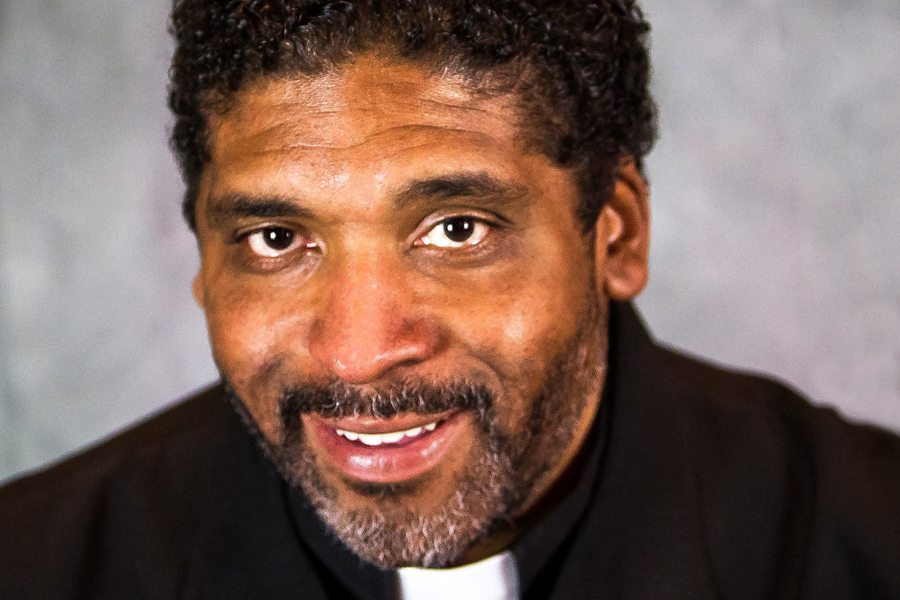
‘A Grownup Conversation About Race and Class’: Rev. William Barber to Address Institute’s Detroit Conference
Renowned campaigner for social and economic justice to set the tone in conference keynote
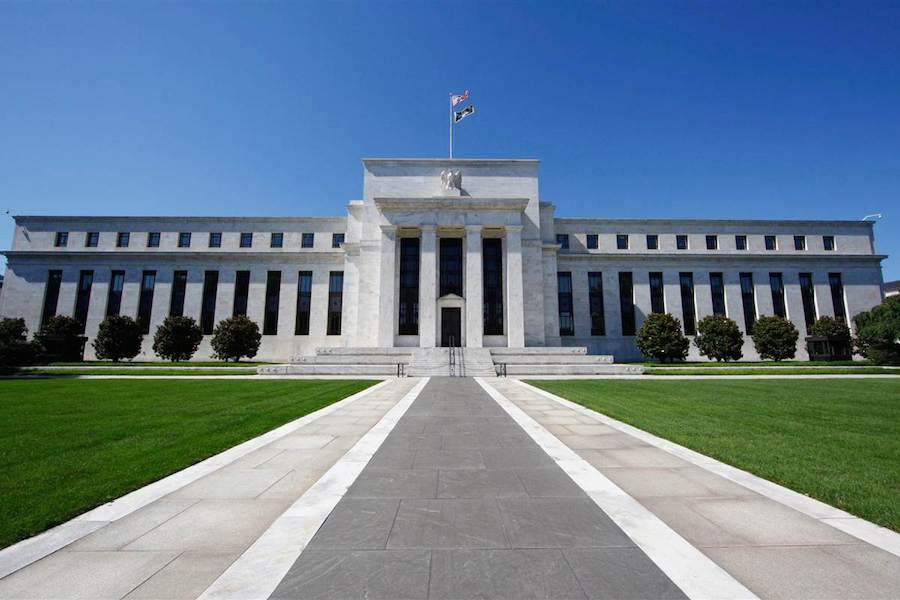
Easy Money is Dangerous Without Activist Fiscal Policy
Seven dangers of chronically low interest rates amid austerity and fiscal-policy phobia

Sex Uncensored
Improvements in data collection create potential for better outcomes for the LGBT community.